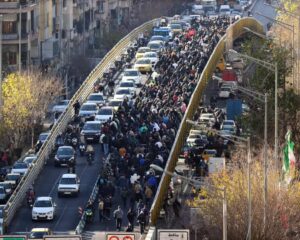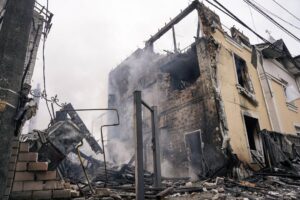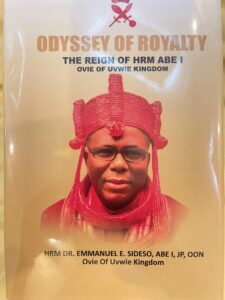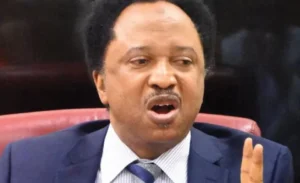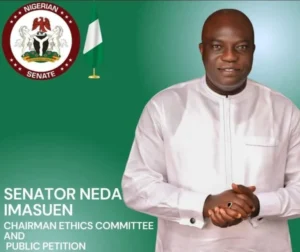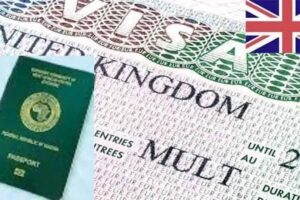Rwanda Mourns, Commemorate 30 Years of 1994 Genocide
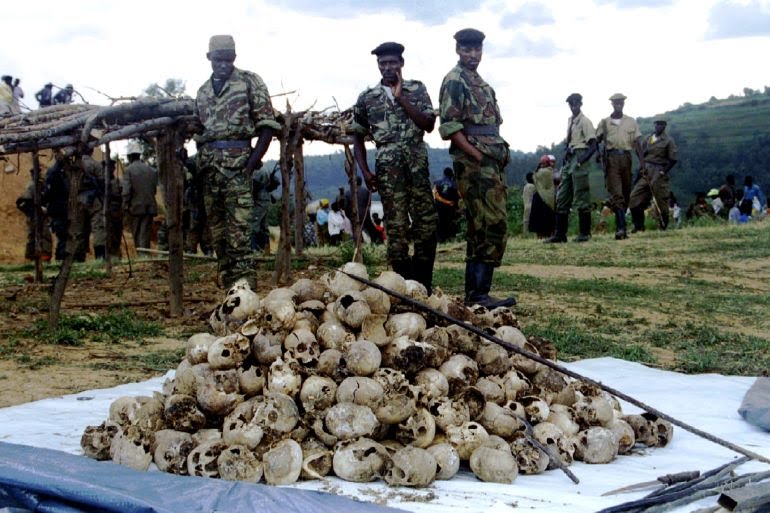
Remains of the genocide victims being retrieved from a site in Huye District, southern Rwanda (File: AP)
By Correspondent
President Paul Kagame leads rites in Kigali as the leading African Economy nation marks one of the bloodiest massacres of the 20th century.
Rwandans are marking 30 years since a genocide orchestrated by armed Hutu tore apart their country, as neighbours turned on each other in one of the bloodiest massacres of the 20th century.
President Paul Kagame led the commemoration on this Sunday by placing wreaths on the mass graves in the capital, Kigali, flanked by foreign dignitaries, including the leaders of South Africa and Ethiopia as well as former US President Bill Clinton, who had called the genocide the biggest failure of his administration.
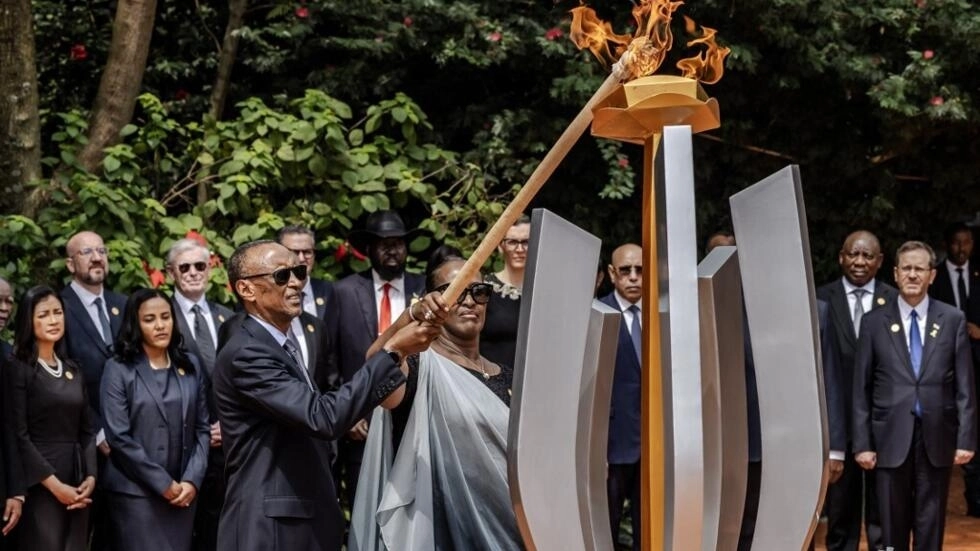
President of Rwanda Paul Kagame (C L) and his wife Jeannette Kagame (C R) light a remembrance flame surrounded by heads of state and other dignitaries as part of the commemorations of the 30th Anniversary of the 1994 Rwandan genocide at the Kigali Genocide Memorial in Kigali on 7 April, 2024. AFP – LUIS TATO
The killing spree, which began on April 7, 1994, lasted 100 days before the Rwandan Patriotic Front (RPF) rebel militia took Kigali in July of the year, and saw some 800,000 people dead, largely Tutsis but also moderate Hutus.
The assassination of Hutu President Juvenal Habyarimana on the night of April 6, when his plane was shot down over Kigali, triggered the rampage by armed Hutu men and the ‘Interahamwe’ militia.
Their victims were shot, beaten or hacked to death in killings fuelled by vicious anti-Tutsi propaganda broadcast on TV and radio. At least 250,000 women were raped, according to the United Nations figures.
The tiny nation has since found its footing under the rule of Kagame, who led the RPF, but the scars of the violence remain, leaving a trail of destruction across Africa’s Great Lakes region.
Reports have it that, 30 years after the mass killings, the pain is still evident among many Rwandans.
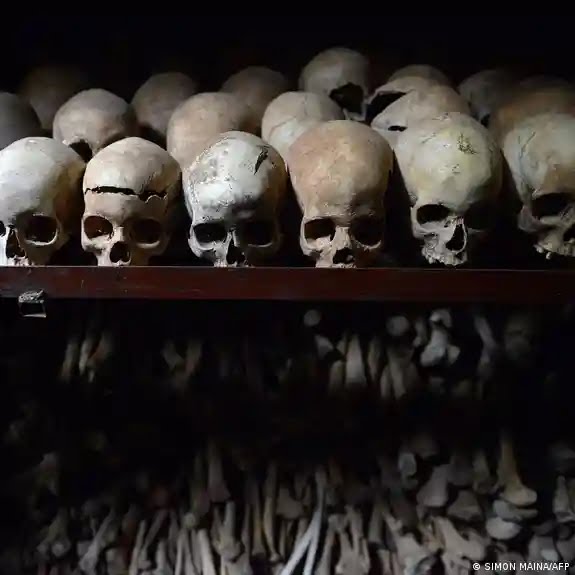
Remains of victims on display in the genocide museum in Kigali
The international community’s failure to intervene has been a cause of lingering shame, with French President Emmanuel Macron expected to release a message on Sunday saying that France and its Western and African allies “could have stopped” the bloodshed but lacked the will to do so.
Sunday’s events mark the start of a week of national mourning, with Rwanda effectively coming to a standstill and national flags flown at half-mast.
In keeping with tradition, Kagame also lighted a remembrance flame at the Kigali Genocide Memorial, where more than 250,000 victims are believed to be buried.
During a solemn ceremony to commemorate the 100-day massacre, Kagame said: “Rwanda was completely humbled by the magnitude of our loss. And the lessons we learned are engraved in blood.
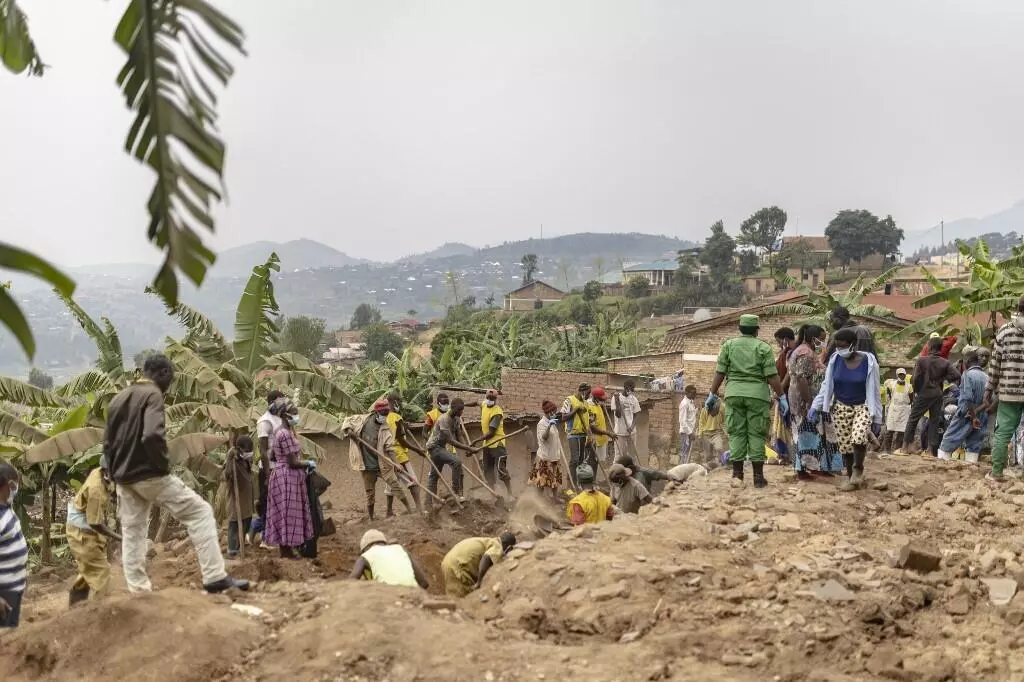
Volunteers dig for human remains of victims of the 1994 Rwandan genocide hidden under the foundations of a house in Ngoma, Rwanda, on 23 January 2024. More than 82 bodies have been found nearby since 21 January 2024. © AFP – GUILLEM SARTORIO
“It was the international community which failed all of us, whether from contempt or cowardice,” he said, addressing an audience that included several African heads of state and former US president Bill Clinton, who had called the genocide the biggest failure of his administration.
Music will not be allowed in public places or on the radio, while sports events and movies are banned from TV broadcasts unless connected to what has been dubbed “Kwibuka (Remembrance) 30.”
The UN and the African Union are expected to also hold remembrance ceremonies.
Karel Kovanda, a former Czech diplomat who was the first UN ambassador to publicly call the events of 1994 a genocide, nearly a month after the killings began, said the massacres should never be forgotten.
“The page cannot be turned,” he told the AFP news agency in an interview in Kigali, urging efforts to ensure that “the genocide doesn’t slip into oblivion”.
Each year, new mass graves are still being uncovered around the country.
According to Rwanda, hundreds of genocide suspects remain at large, including in neighbouring nations such as the Democratic Republic of the Congo and Uganda.
Only 28 of them have been extradited to Rwanda from around the world.
France, one of the top destinations for Rwandans fleeing justice at home, has tried and convicted half a dozen people over their involvement in the killings.
In 2002, Rwanda set up community tribunals where victims heard “confessions” from those who had persecuted them, although rights watchdogs said the system also resulted in miscarriages of justice.
Today, Rwandan ID cards do not mention whether a person is Hutu or Tutsi.
In advance of the 30th anniversary, there were renewed calls from rights watchdogs for remaining genocide suspects to be held to account.
“I urge states everywhere to redouble their efforts to bring all surviving suspected perpetrators to justice – including through universal jurisdiction – and to combat hate speech and incitement to commit genocide,” UN human rights chief Volker Turk said on Friday.
Read Also: Preventing Military Coups in Africa: Attention, Nigeria



